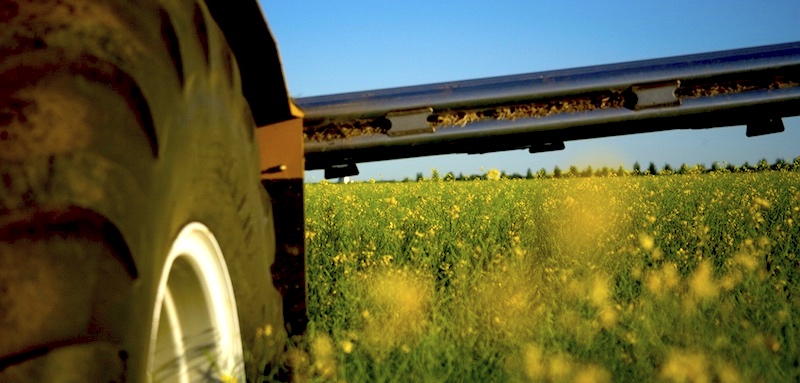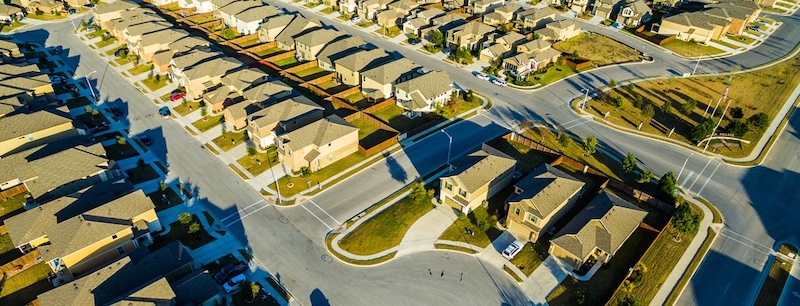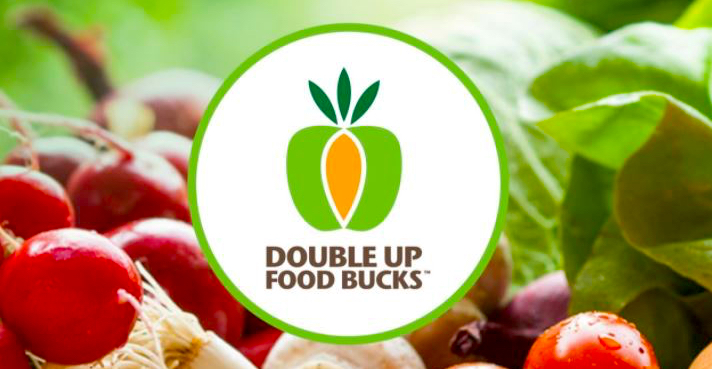
Legislative Report: Take Action on Canola Contamination, Housing and Hunger
There are just two weeks left in this legislative session and three pieces of legislation need your help.

wreaking havoc on local agriculture if it is not tightly controlled.
Protect the Willamette Valley from Canola Contamination
Willamette Valley Specialty Seed Protected District (HB 4059) needs to be passed before the current proposal "sunsets" this year. The Willamette Valley is one of the most important regions in the world for large-scale vegetable seed production. Prior to 2015, growing canola was prohibited in the Valley due to its ability to cross-pollinate with crops in the brassica family like broccoli, kale, cabbage and others, risking the livelihoods of vegetable farmers and seed producers. In 2015 a law was passed allowing a very limited amount of canola to be grown with strict rules requiring distancing from brassica growers.
In order to protect farmers and growers of vegetable seeds in the brassica family from fear of crop contamination or rejection of contaminated seed by national and international markets, strong protections and compliance tools must be developed. Maintaining the Willamette Valley Protected District and limiting canola production is crucial to preserving the state's specialty seed growing industry. More information here.
ACTION NEEDED: Submit your testimony by e-mailing Senator Jeff Golden, Chair of the committee and entering "HB 4059_A" in the Subject line, then copy and paste the text below into the message, filling in the brackets as needed.
To Chair Golden, Vice Chair Girod and members of the committee:
My name is [name] and I am writing in support of HB 4059-A. I am a community member in [town]. The Willamette Valley Specialty Brassica seed industry is vital to the agricultural landscape of Oregon and we are so lucky to have the land, expertise and conditions to support this unique industry. We should protect these farmers’ ability to grow the seeds that produce millions of pounds of food across the world.
Because a reasonable agreement could not be reached after the work group process, extending the current regulations is the only viable option. This topic means so much to me because [insert your reason here, such as "I want to be able to buy locally produced organic seeds for my garden that are adapted to our climate" or "I want to buy organic crops from local farmers to put on my table," etc.].
We know that HB 4059-A is not the end of the road and we will have to find a more permanent solution in the next few years. I urge legislators to listen to the specialty seed growers in this process. Just because they are not the biggest, most industrialized farms does not mean that they have any less value in the system. Please respect their knowledge of the plant biology, industry standards and best practices that have made this a thriving industry here in our state. In particular, we need future policy to address the issues outlined in scientific studies that threaten organic production in the Willamette Valley.
Thank you,
[your name]
[your address and town]

it will only destroy valuable farmland and create new problems for Oregonians.
Support Smart Housing Policy
Governor Kotek’s 2024 housing bill, Senate Bill 1537, offers Oregon much-needed infrastructure funding and climate-smart housing incentives but it also allows cities to override long-established land use laws and processes to expand their urban growth boundaries (UGBs) by at least 75 or 150 net residential acres, depending on population size. This could lead to municipalities open to influence from developers eager to enrich themselves at the expense of our rich agricultural lands near population centers.
Though there are many crucial components in this bill that address the existing housing crisis, advocates are stressing the need to prioritize affordable housing within the existing UGBs first and foremost. Oregon’s land use laws and the concept of Urban Growth Boundaries (UGBs) has protected valuable farmland, they argue, saying that once farmland is lost, we can't get it back. Farmland with close proximity to urban markets supports a robust local food system, benefitting urban residents who gain access to locally grown products and farmers who have ready access to a large customer base.
ACTION NEEDED: Ask your legislator to support smart housing policy by adding your name to this letter from 1000 Friends of Oregon.

Fresh Local Food for Hungry Families
Double Up Food Bucks help those who currently receive food assistance through the SNAP program to afford additional fruits and vegetables. A healthy diet is a crucial part of building a healthy lifestyle and that is why it's critical this program receives continued funding. There are federal matching dollars available, but only if legislators allocate more state dollars.
ACTION NEEDED: Message your state lawmakers today and ask them to support the $1 million funding request for this important program.